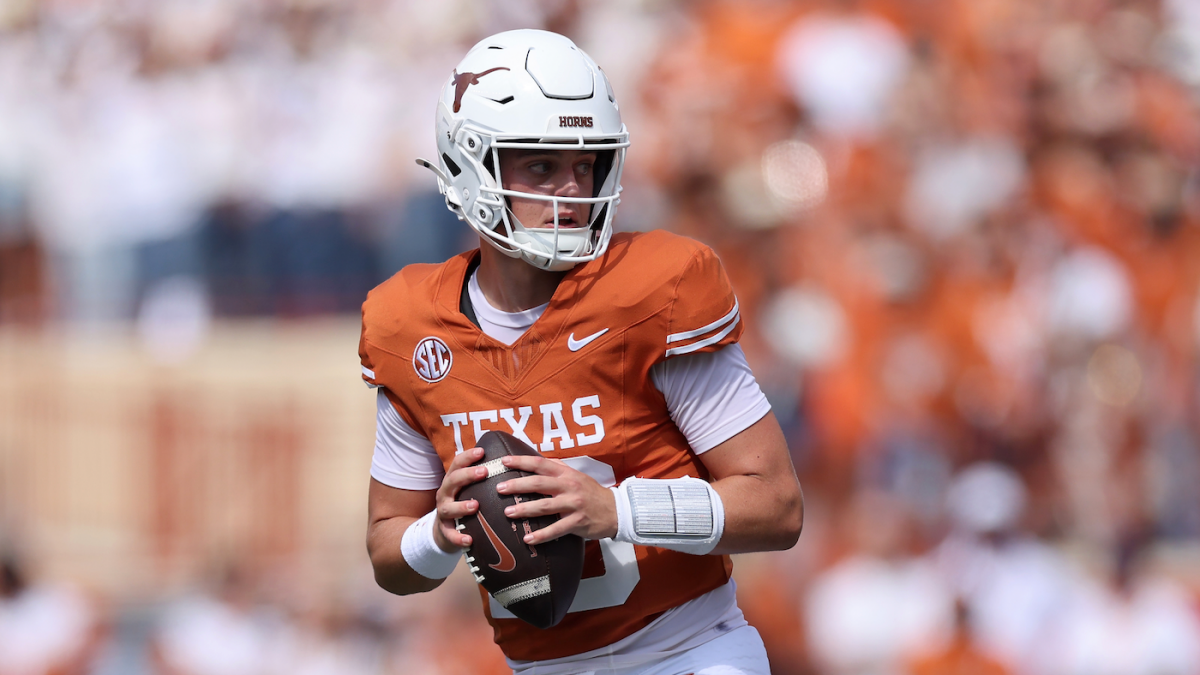Is Larry Wilson Rallying Against the Rise of Tyranny?

Published: 2025-09-20 14:00:38 | Category: Trump GNEWS Search
This article discusses the complex and contentious relationship between political discourse and freedom of speech in the United States, particularly under the Trump administration. It highlights the troubling trend of political violence, the role of cancel culture, and the implications for free expression. The article also calls for vigilance against authoritarian practices that threaten democratic values.
Last updated: 27 October 2023 (BST)
Understanding Political Violence and Freedom of Speech
Political violence in the United States has become a pressing concern, with incidents stemming from both the left and right of the political spectrum. This violence is often intertwined with how freedom of speech is interpreted and protected. As tensions rise, it is crucial to acknowledge that the landscape of political expression is changing, particularly under the influence of prominent leaders.
Key Takeaways
- Political violence is perpetrated by extremists from various political affiliations.
- The Trump administration has faced criticism for its handling of freedom of speech issues.
- Cancel culture has evolved, impacting public discourse and media representation.
- Calls for accountability in political speech are growing amid rising tensions.
- Engagement in political discourse is vital to maintaining democratic values.
The Role of Leadership in Political Discourse
Leadership plays a significant role in shaping public attitudes towards political violence and free speech. President Donald Trump has been a polarising figure, often failing to acknowledge the full scope of political violence. His administration's response to incidents, such as the assassination of allies and political figures, reveals a disconcerting trend of selective acknowledgement.
When Trump was questioned about not ordering flags to be lowered in honour of Melissa Hortman, a Democratic leader assassinated alongside her husband, his response illustrated a lack of awareness or perhaps an unwillingness to engage with the complexities of political violence. This selective approach can create an environment where certain narratives are amplified while others are suppressed.
Cancel Culture and Its Double Standards
Cancel culture, a term popularised by the political right, often refers to the public criticism or boycotting of individuals or organisations due to their views or actions. While it is essential to hold individuals accountable for their words and actions, the recent escalation of cancel culture has raised concerns about its implications for free speech.
Trump’s administration has been accused of perpetuating a double standard regarding free speech. For instance, the vice president’s suggestion to report dissenting opinions to employers demonstrates a troubling trend towards silencing opposition. This creates a chilling effect, discouraging open dialogue and fostering an environment of fear.
Threats to Media and Freedom of Expression
Under the Trump administration, numerous threats to media organisations and freedom of expression have emerged. The president's lawsuits against major media outlets, including “60 Minutes” and The New York Times, highlight a broader assault on journalistic integrity. By suing these entities for perceived bias, Trump aims to intimidate the press into compliance.
Moreover, the suggestion that the government could revoke broadcast licenses based on content is a direct challenge to First Amendment protections. As noted by the Foundation for Individual Rights in Education (FIRE), the government has limited authority over what media can publish, yet these threats can lead to self-censorship among news organisations seeking to avoid backlash.
Public Response and Resistance
In the face of rising authoritarianism, it is crucial for citizens to engage actively in defending their rights to free speech. Public figures, such as David Letterman, have voiced their concerns about the implications of firing individuals due to fear of repercussions from the government. Such sentiments reflect a growing recognition that protecting freedom of expression is a communal responsibility.
As citizens, it is imperative to speak out against the erosion of rights and challenge narratives that seek to silence dissent. The call to action is not merely about defending free speech but also about fostering an environment where diverse opinions can coexist without fear of retribution.
The Importance of Vigilance in Democracy
The current political climate necessitates unwavering vigilance from the public. The intertwining of political violence and the suppression of free speech represents a significant threat to democracy. It is essential to hold individuals accountable for extremist actions and to advocate for open discourse, even when faced with uncomfortable or dissenting opinions.
In conclusion, standing against the rising tide of conformity and authoritarianism requires collective action. By engaging in meaningful conversations and challenging unjust practices, individuals can help protect the fundamental principles of freedom that underpin democracy.
FAQs
What is political violence?
Political violence refers to acts of violence motivated by political agendas, which can involve individuals or groups from various ideological backgrounds, impacting society at large.
What is cancel culture?
Cancel culture is a social phenomenon where individuals or groups face backlash, criticism, or boycotts for their views or actions, often leading to calls for accountability or censorship.
How does the Trump administration relate to free speech issues?
The Trump administration has faced criticism for its approach to free speech, including lawsuits against media organisations and calls for action against dissenting opinions, prompting concerns about authoritarianism.
Why is media freedom important?
Media freedom is vital for democracy as it ensures the public is informed, holds power accountable, and provides a forum for diverse opinions, crucial for a healthy public discourse.
What can citizens do to protect free speech?
Citizens can protect free speech by engaging in open discussions, advocating for accountability in political discourse, and challenging censorship and authoritarian practices.



